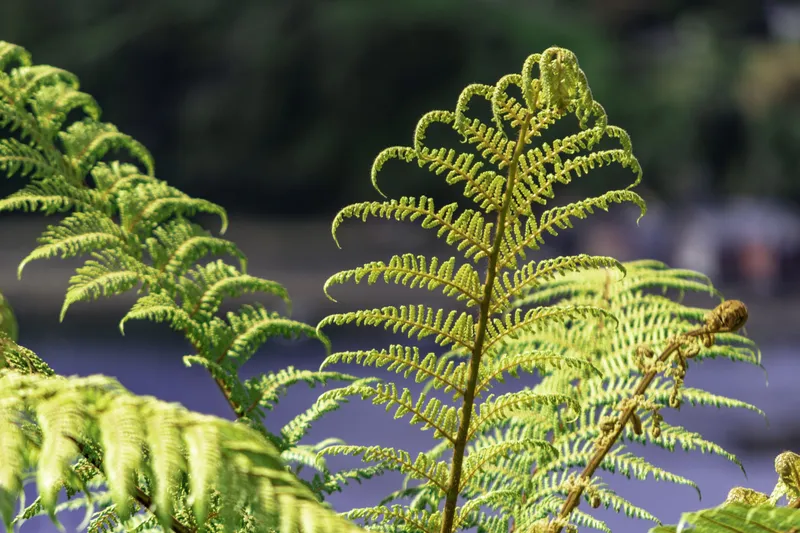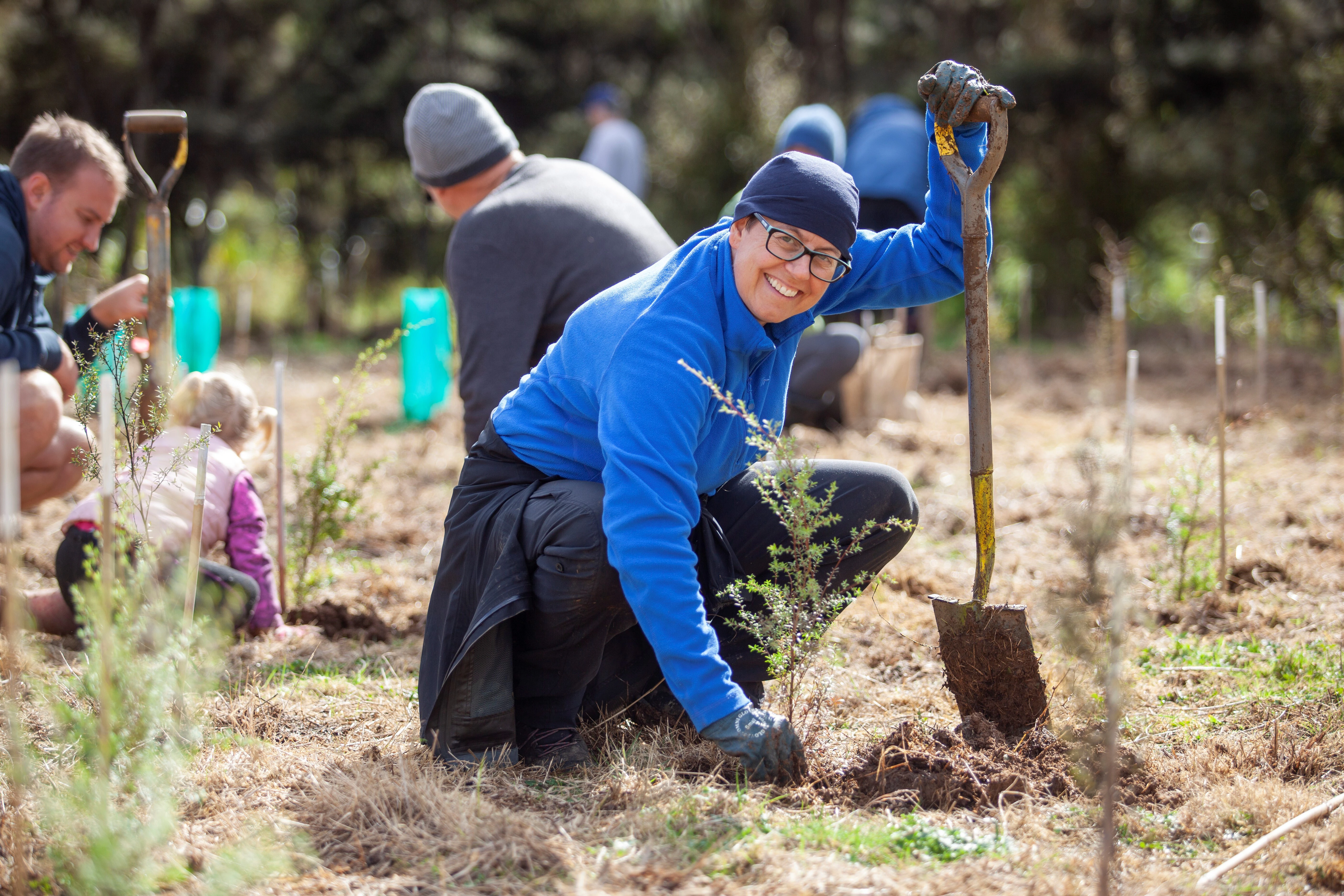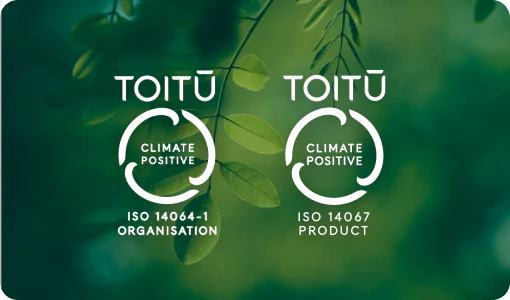Addressing Climate Change with Indigenous Knowledge
18/10/2021

Here in New Zealand we are lucky to have a rich indigenous Māori cultural heritage to draw from and find influence in. Learning about historical Māori wisdom and information can teach us much not only about their cultural past, but also provide lessons for the present and future generations.
We are now faced with the looming threat climate change poses to us all as humans. To tackle it and mitigate the effects, we need a multicultural approach that combines the shared knowledge of different peoples and their backgrounds. Like other Indigenous cultures around the world, Māori culture has always been recognised for its emphasis on a connection between people and the land, seeing the environment as something we are a part of . That’s why it makes sense to turn to our country’s own Indigenous knowledge (‘Mātauranga Māori’) to understand ways to address climate change.
In Māori, kaitiakitanga is a term meaning guardianship of the land. This definition is important because it reinforces the view Māori historically had of themselves as protectors or custodians of the environment, rather than it being something to take ownership over.
Māori traditionally saw their relationship with the environment as one that was deeply spiritual to them as a people. They understood this relationship to be reciprocal. Having respect for and taking care of the land would positively impact Māori wellbeing too. Natural resources were considered gifts from Papa-tū-ā-nuku (Mother Earth) and not something to be taken for granted.
Māori conservation efforts could be seen in practises such as placing of rāhui (restrictions), which banned people from taking food or other resources from an area in order to keep an ecosystem sustainable.
There is a lot our modern society can learn from these traditional Māori concepts. The current climate change we are experiencing is a direct result of human impact on the environment. Rapid global industrialisation has created a system of thought that sees the natural environment as something to be controlled and manipulated to further technological advancement. Unfortunately, this has resulted in the exploitation of natural resources and worldwide ecosystems coming under threat as we interfere in them for our own gain rather than understanding their wider, holistic purpose.
Climate change needs immediate action and this involves recalibrating the way we have perceived and used the natural environment for the past century or more. We need to return to a way of thinking that recognises and respects the environment and how it works, being aware of and minimising actions we take which have a harmful impact on it.
Māori recognised this in the past and it was a key cornerstone of their culture. To change our own ways of thinking now, we would be wise to draw from this country’s Indigenous knowledge to shape our future.
For more information on environmental and sustainability issues, visit our Eco news page.







